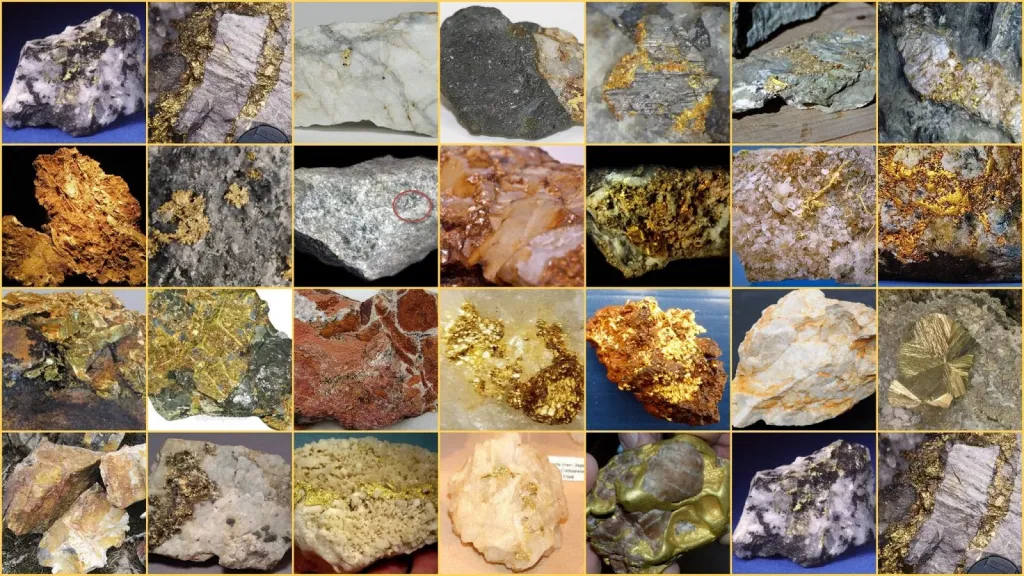Abia State, a vibrant region in southeastern Nigeria, boasts a wealth of natural resources that contribute significantly to its economy and potential.
This article delves into five key resources that shape Abia’s landscape and development:
1. Oil and Gas: Abia is part of the Niger Delta, a region renowned for its vast oil and gas reserves. Exploration and production activities within the state play a crucial role in generating revenue for the government and fueling the national economy. However, responsible management and environmental considerations remain critical aspects in harnessing this resource.
2. Solid Minerals: Beyond oil and gas, Abia is endowed with a diverse range of solid minerals. These include lead and zinc, essential components in various industrial applications like batteries and pigments. Limestone, another valuable mineral, finds use in construction materials and cement production. Additionally, the presence of gold holds potential for responsible and sustainable mining, contributing to economic diversification.
3. Salt: Abia is home to natural salt deposits, a vital resource for various sectors, including food processing, chemical industries, and water treatment. The responsible extraction and processing of salt can create employment opportunities and contribute to local economic development.
4. Agricultural Resources: Fertile land and a favorable climate make Abia a suitable environment for cultivating a variety of agricultural products. The state is known for its production of palm oil, a versatile commodity used in food, cosmetics, and biofuels. Additionally, crops like yams, cassava, and maize contribute significantly to the state’s food security and serve as a source of income for local farmers.
5. Forest Resources: Lush forests cover parts of Abia, providing a habitat for diverse plant and animal life. These forests offer valuable timber resources that can be harnessed sustainably, while also playing a crucial role in maintaining ecological balance and mitigating the effects of climate change.
Exploring and harnessing these natural resources responsibly is crucial for Abia’s sustainable development. By implementing responsible management practices, promoting environmental protection, and fostering economic diversification, Abia can leverage its natural wealth to create a prosperous future for its people.



